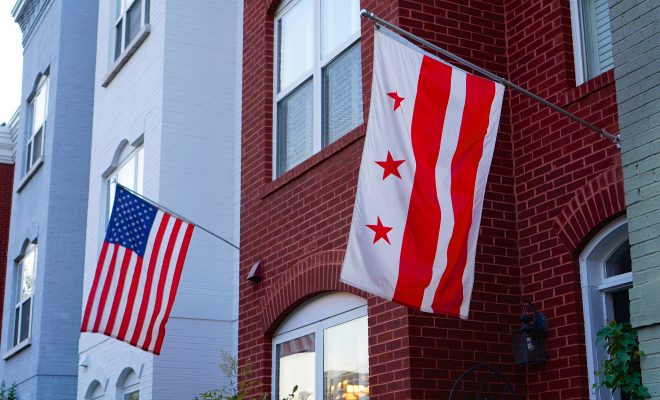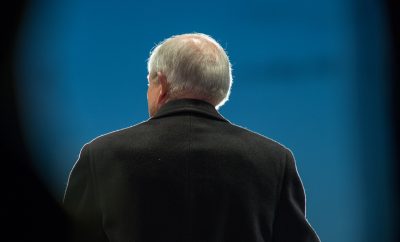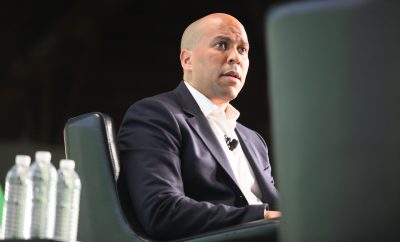 Image courtesy of Ted Eytan; License: (CC BY-SA 2.0)
Image courtesy of Ted Eytan; License: (CC BY-SA 2.0)
Cannabis in America
Councilman David Grosso Proposes Bill to Tax and Regulate Marijuana in D.C.
District of Columbia Councilman David Grosso is determined to institute a regulated marketplace for legal marijuana in the nation’s capital. For the third time in just over three years, Grosso, an at-large councilmember, introduced a bill to tax and regulate cannabis sales in D.C. on Tuesday. The Marijuana Legalization and Regulation Act of 2017 was co-introduced by two other D.C. councilmembers, Robert White and Brianne Nadeau.
D.C. is “in limbo status where [cannabis] is legal but it’s not legal, and I would love for us to get to a point where it’s regulated like alcohol,” Grosso told Law Street. Grosso, who proposed a similar bill in September 2013, and again in January 2015, said that as a member of D.C.’s legislative body, he has a responsibility to propose legislation that benefits his constituents and the city as a whole.
In November 2014, nearly 70 percent of D.C. residents voted for Initiative 71, which legalized the possession of marijuana in the city. The initiative legalized possession of up to two ounces of marijuana for people 21 and up. It also allowed people to gift, for no compensation, up to one ounce of marijuana. When the legalization initiative passed, Congress included language in the city’s budget that blocked it from regulating the sale of marijuana, making it markedly different from states like Colorado and Oregon that have legalized the sale of recreational marijuana in dispensaries.
This time around, many of Grosso’s colleagues declined to co-sign the bill, possibly deterred by a letter Congress sent two years ago, which explicitly stated that proposing marijuana legalization measures is a violation of federal law. That letter, Grosso said, nixed any chance of a hearing on the bill two years ago; there will likely be no hearing this year either.
Grosso is well aware that by proposing further marijuana legislation, he is flouting Congress. “I recognize that by introducing [the bill] is some level of infraction of the mandate that says don’t do it,” he said. “At the same time I’m not worried about that.” By proposing the legislation, Grosso is violating the federal Antideficiency Act, which prohibits federal employees from appropriating funds that have not been authorized.
But that law, Grosso said, has never been enforced. What if Congress did decide to enforce it? “I would frankly welcome that,” he said, adding that it “would bring attention to the situation… and [show] that Congress is the overlord of the District of Columbia.”








Comments